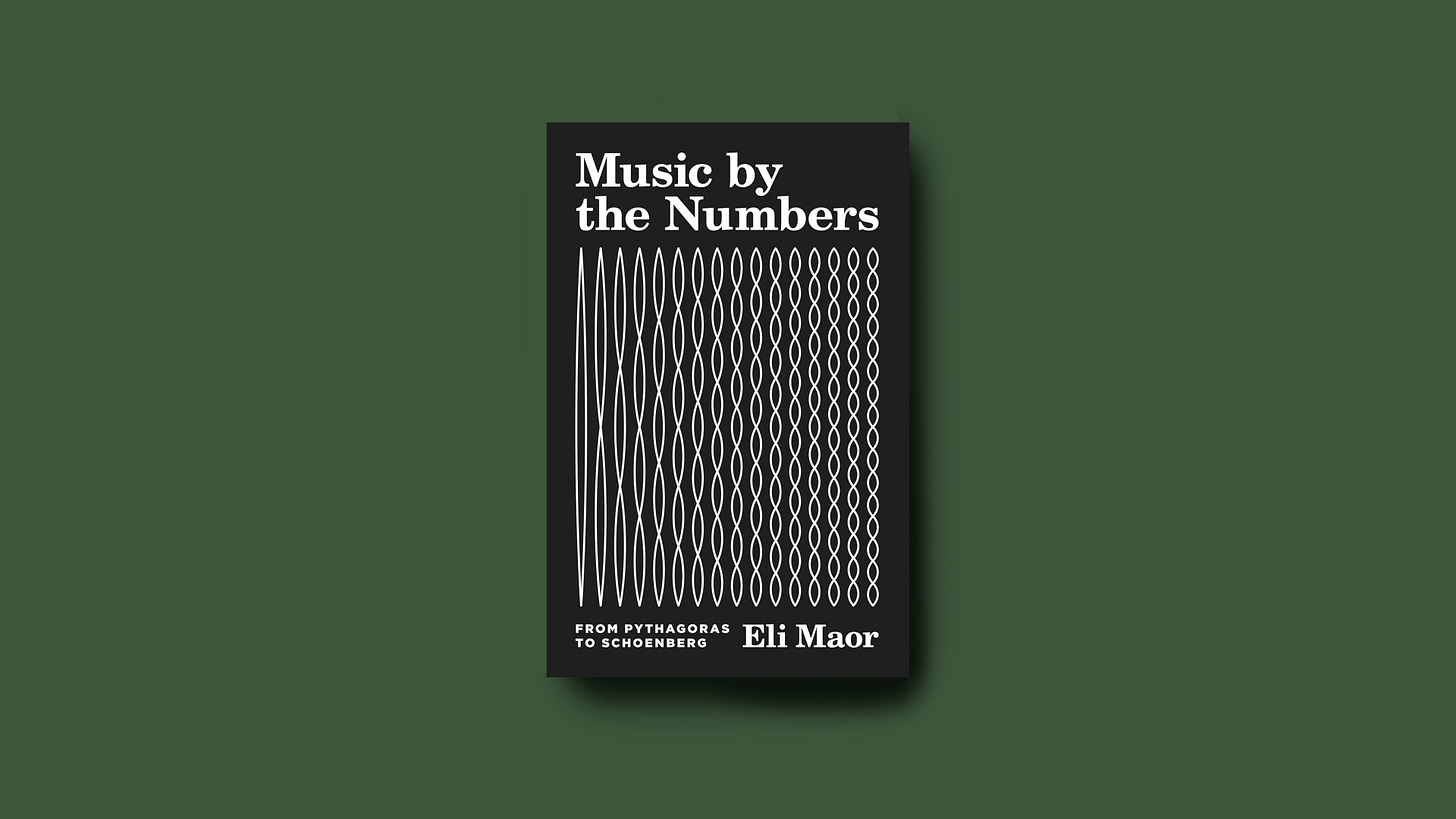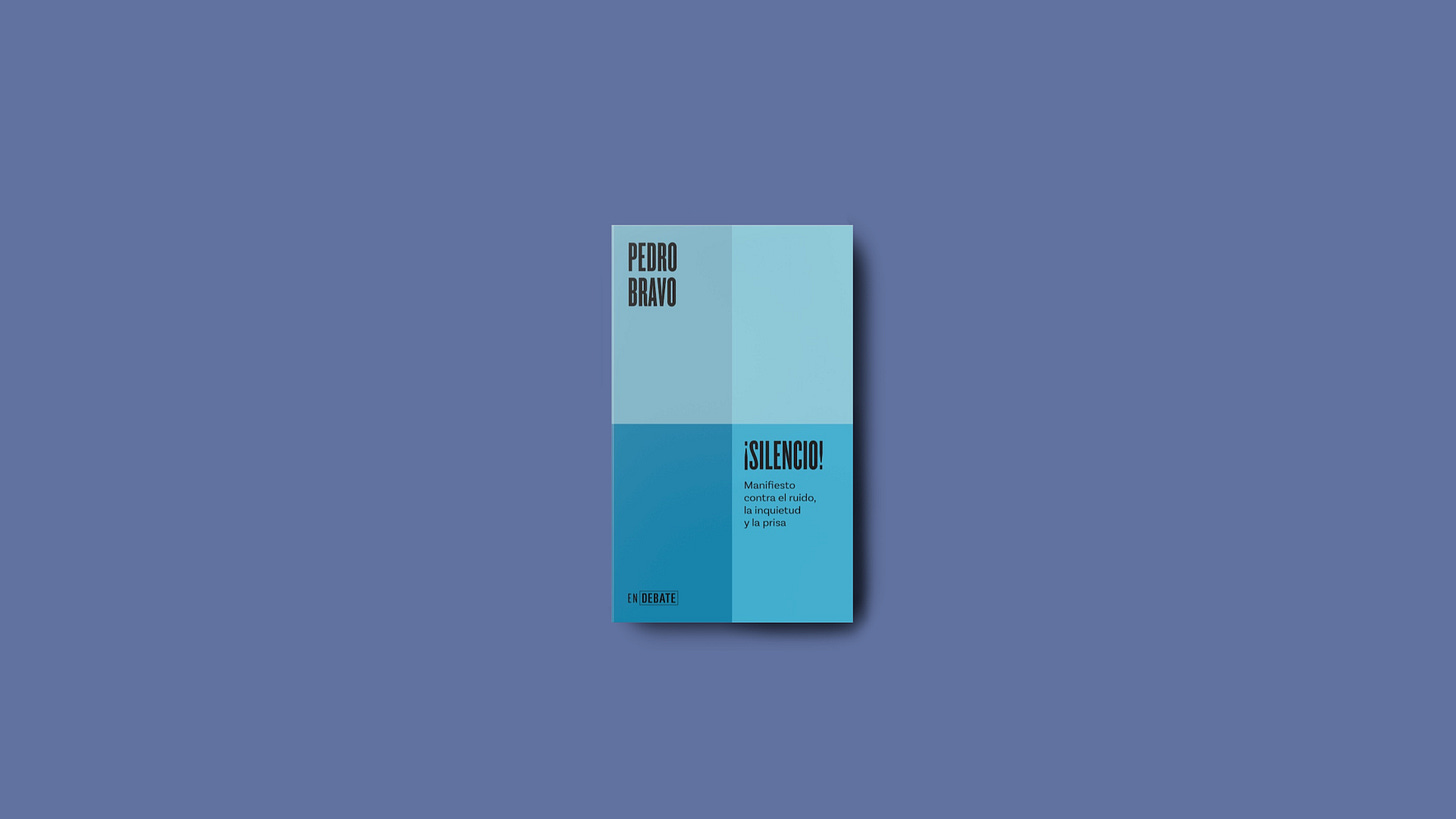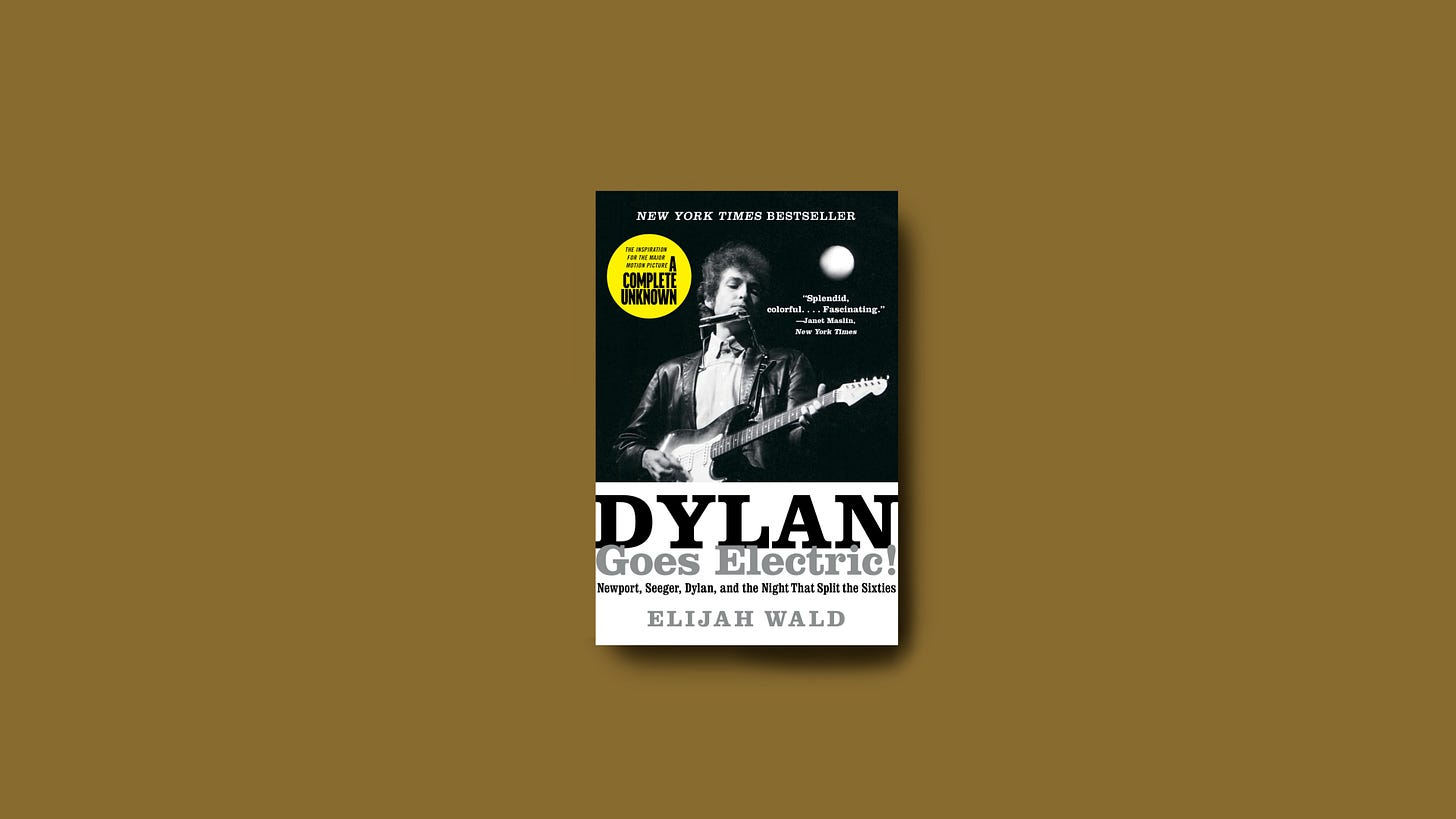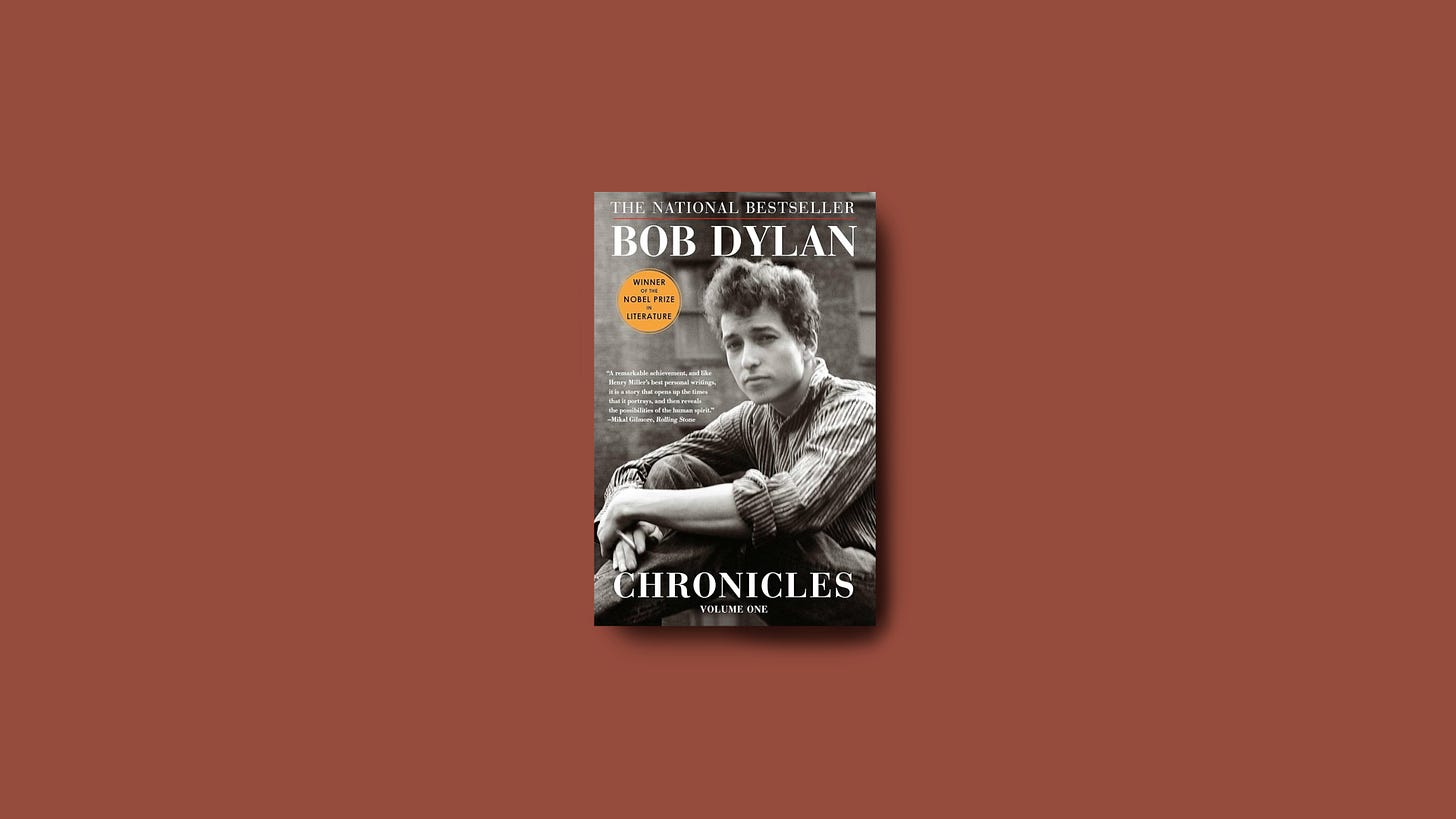Beyond concerts, I find books on music the best way to stay inspired and engaged with music. As an art form, music tends to move slowly but deeply, making the book an ideal medium for mapping its gradual, large-scale movements. The list that follows contains some of the books I have read this year, all of which could make for a good summer read (or maybe winter too, if you are reading this in the Southern Hemisphere). Few of them are current; my reading interests are elsewhere right now. I hope that you find something to enjoy.
Conversations with Igor Stravinsky - Igor Stravinsky and Robert Craft
A classic. I wanted to read this book for a long time. Containing Stravinsky’s most intimate thoughts and reflections on music, it is both stimulating and enlightening. He comes across as sharp, exacting, witty, and something of a gossip. In addition to Stravinsky’s fascinating character, it contains accounts of his contemporaries that feel more alive than many biographies.
The Noise of Time - Julian Barnes
The life of Dmitri Shostakovich is as tragic as it is fascinating. Terrifyingly denounced by Stalin, brutally dismissed by Pierre Boulez, and humiliatingly forced into publicly denouncing his hero Stravinsky, he lived a life of frustration and fear. This novel, written in a compellingly experimental manner, focuses on the political aspect of his life, providing insight into the manipulative politics of Stalinism.
Richard Wagner: Self-Promotion and the Making of a Brand - Nicholas Vazsonyi
More interesting than it sounds, the book provides a fuller picture of one of music’s most disturbing yet revolutionary artists. Richard Wagner is so associated with anti-semitism and his influence on the Nazis, that it can be hard to get a sense of the man himself. Authour Nicholas Vazsonyi points out that Wagner had admirable qualities, such as his desire to make music free and accessible, but was also a calculating master of self-promotion, not above using the death of a fellow composer for his own self-publicity. His innovation and influence across all aspects of music are well described, for example, the dramatic effect of dimming lights in the cinema just before the film starts was a technique originally developed by Wagner for his operas.
Resonances of the Raj: India in the English Musical Imagination, 1897-1947 - Nalini Ghuman
I have re-read this numerous times. Original, concise, and scholarly, it turns the 1960s myth of ‘East Meets West’ on its head, revealing a far more complex imperial history. Musician and academic, Nalini Ghuman divides the book into six chapters that focus on six characters, some of whom remain household names, such as Edward Elgar and Gustav Holst, others who are largely forgotten, like Maud MacCarthy, Kaikhosru Sorabji, John Foulds, and Amy Woodforde-Finden. Short, dense, but accessible, it highlights an underrepresented dimension of 20th-century music, in a sense, the early emergence of so-called ‘world music’.
Music by the Numbers: From Pythagoras to Schoenberg - Eli Maor
An engagingly written account of a fascinating subject, with a cover that could double as an art print. Eli Maor, a maths professor, make some fairly basic errors about music, such as percussion instruments having non-harmonic overtones (plenty have harmonic overtones), and the oldest musical instrument being 35,000 years old (it is more like 50,000 years old). Despite these occasional errors, I enjoyed the book. One of the most original and stimulating idea I found, was the speculation that Einstein’s theory of relativity may have influenced Arnold Schoenberg’s development of the harmonically disorientating 12-tone technique.
¡Silencio! Manifiesto contra el ruido, la inquietud y la prisa - Pedro Bravo
Written in quite simple Spanish, this has yet to be translated into English. In essence, an earnest diatribe against noise in all its forms: sonic, economic, psychological, and technological. The book brings together many arguments, none of which are exactly original, but combined, make for an original text. Despite having the word manifesto in the title, the book contains more critique than advocacy, however two of its chapters — Silence is Resistance and Silence is Dissidence — give some sense of what Pedro Bravo is seeking.
Dylan Goes Electric: Newport, Seeger, Dylan, and the Night That Split the Sixties. - Elijah Wald
This book influenced the recent Bob Dylan biopic, A Complete Unknown — an excellent film which finally inspired me to read more about Dylan. Musician Elijah Wald writes with an encyclopaedic knowledge of folk music, having followed Dylan’s life in fine detail. The book covers topics like authenticity, influence, and commerciality, while examining the somewhat paradoxical manner in which Dylan was highly calculating about his self-image but sincere and daring in his music.
Bob Dylan: Chronicles - Bob Dylan
A good companion to the previous recommendation, this demonstrates Dylan can write books as skillfully as songs. Dylan tells a fascinating tale about his early moves in New York’s vibrant music scene, in a terse style reminiscent of Cormac McCarthy. In addition to the biographical details of his life, Dylan describes his philosophical views on folk music, the shortcomings of commercial music, and what it means to be an artist.
In Search of Concrete Music - Pierre Schaeffer
An English translation of French electroacoustic composer Pierre Schaeffer’s classic text. A candid journal of Schaeffer’s musical experiments with technology and the development of Concrete Music. The book is a reminder of the modern luxury of having comparatively cheap and sophisticated technology easily available. However, it demonstrates that tools do not create the mind of an artist, and Schaeffer’s mind is still highly relevant.
Mood Machine: The Rise of Spotify and the Costs of the Perfect Playlist / Liz Pelly
I confess I have not yet read this book, but I’m listing it because so many people have recommended it, and because very few people are aware of Spotify’s nefarious practices. Daniel Ek’s company has manipulated music listening to favour passive, anonymous, muzak. By all accounts, nobody has described and documented this better than Liz Pelly. If you like your summer reading somber, this is for you!
List of Readers’ Recommendations
Thanks to everyone who shared book recommendations in the comments section. The suggestions are so good I have compiled them.
Sound Within Sound / Kate Molleson
Rip It Up and Start Again / Simon Reynolds
Our Band Can Be Your Life / Michael Azerrad
Two-Headed Doctor: Listening For Ghosts in Dr. Johns Gris-Gris / David Toop
The Soundscape: Our Sonic Environment and the Tuning of the World / R. Murray Schafer
Music and the 7 Hermetic Principles / Su Terry
How the Beatles Destroyed Rock 'n' Roll: An Alternative History of American Popular Music / Elijah Wald
You Have Not Yet Heard Your Favourite Song / Glenn Macdonald.
Music and Mind / Edited by Renee Fleming
Ring Resounding / John Culshaw















I am about 3/4 of the way through Liz Pelly’s Mood Machine. It is indeed a deep look at some strange issues around the Spotify behemoth. Lots of info I was unaware of (because I live in an entirely different musical universe to the music abused by Spotify and don’t follow the scene she writes about). The coverage of AI-generated music and what is basically library music is revealing about what the future may hold. But, what is most disturbing - although I have known it for ages - is that all this is based on rigorous surveillance of listeners’ habits and all this is possible because so many people use music simply as functional acoustic background. They have no concept of culture or art. However, so far I am ultimately unconvinced by her argument because the music I am interested in, global obscurities you might say, is reasonably well served. Almost all of that is hard to find in physical form aka expensive and the artists are ‘t getting paid ‘cos most of the material is previously owned i.e. used records and CDs. In addition, I find even the dreaded “keep playing similar tracks when an album finishes” feature quite good. It introduces me to new artists, reminds me of something I haven’t heard for a time, draws a connection that I might have missed. Undoubtedly, there are musicians who are exploited by Spotify just as the music industry has always done. Daniel Ek’s investments in AI militarism are also to be decried. However, I find Pelly’s approach to be somewhat ahistorical and, in particular, the idea, the assumption, that small-time musicians can expect to make a living just because they declare it to be so is frivolous. But I’ll finish the book!
Very interesting recommendations, trying to read more about music so these feel very timely.
As someone profoundly influenced by punk music and it's DIY spirit, I would not feel right without recommending Simon Reynolds' Rip It Up and Start Again and Michael Azerrad's Our Band Can Be Your Life as incredible texts on the intersection between the evolution in musical recording technology in the latter half of the 20th century and the shifts in music making ethos downstream of those changes (they might not have set out to write about this specifically, both books are closer in spirit to ethnographies of British and American punk scenes in the late 70's-mid to late 80's).